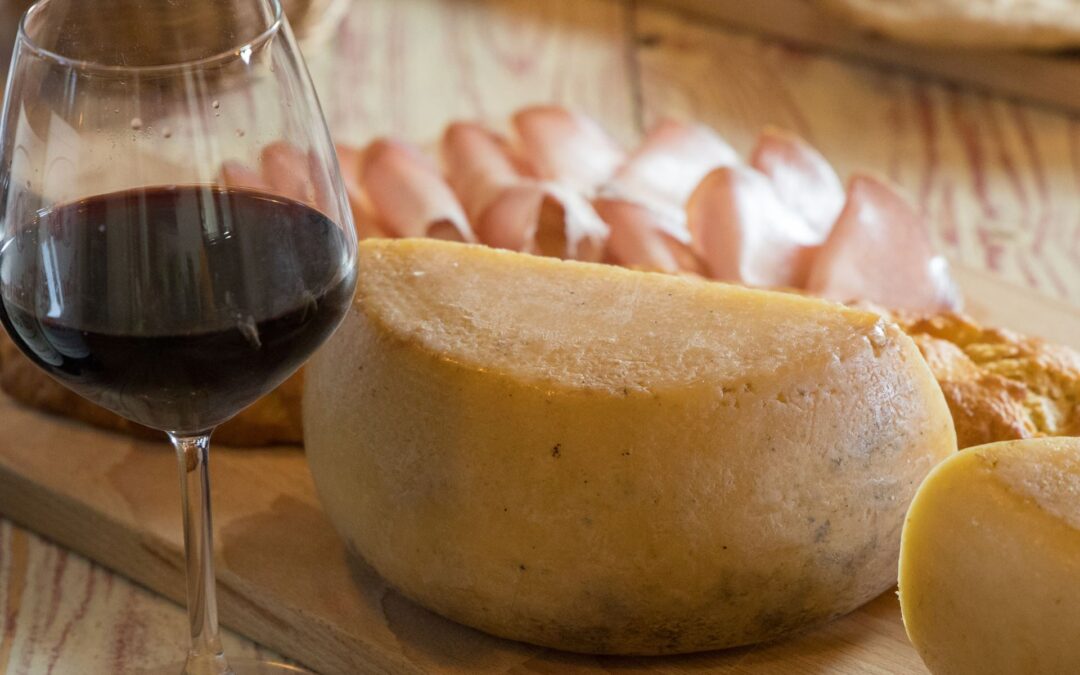Typical Umbrian products
Umbria boasts an excellent culinary tradition manifested in all the products and traditional recipes of this region; the Trasimeno area, which is the middle ground between the regions of Umbria and Tuscany, is known for its excellent typical produce such as the Trasimeno bean (Fagiolina del Trasimeno, Slow Food Presidium), lake fish, lake turnips (a special type of winter vegetable similar to the Campania friarello), all accompanied by the region’s typical products: extra virgin oil, “torta al testo”, pork-butchery, which naturally boasts its best exponents in the nearby Norcia, cheeses accompanied by home-made jams, and also meat, which here, is still reared in respect of rural tradition.
As a producer, La Casa di Campagna grows a large vegetable garden in the summer, thanks to which guests can appreciate the authentic flavour of local products, and has a small farm, which is extremely popular especially among children; a small production of vegetables, extra virgin olive oil, tomato purée, special marmalades and jams, will bring you closer into contact with the land and the sensations it has to offer, allowing you to take home the flavours of your stay in this corner of Umbria.
The raw materials used are produced directly by La Casa di Campagna or local producers: the menus change continuously depending on the seasonality of products and the chef’s inspiration. Mara’s cuisine thus naturally respects the zero-km philosophy both in terms of the origin of the raw materials and the origin of the dishes, using strictly local products.
Festivities are when local culinary traditions are most visible: Easter breakfast with Umbrian Easter cake accompanied by local cold cuts and cheeses, the ciaramicola, similarly a traditional Easter dessert, roast goose at Ferragosto in mid-August, and broad beans with Pecorina cheese in spring will make you feel as though you’ve lived in Umbria your whole life.
A passion for flavour that brings to mind memories and forgotten places led Mara to embark on a seemingly controversial path: she chose not to pursue a type of cuisine that attracted quantities of people, but rather one that attracted quality people who genuinely wanted to savour the simple and authentic taste of tradition, where the aromatic herbs grown in the garden and a drizzle of home-grown or locally produced extra virgin olive oil are the best seasoning.
Home-made pasta, hand-drawn as dictated by family tradition, all the desserts and often even the bread, are all the fruit of her own efforts; a barbecue, a wood-fired oven, intimate atmosphere and care for every one of her guests, round out the picture of a genuine holiday farm experience.
